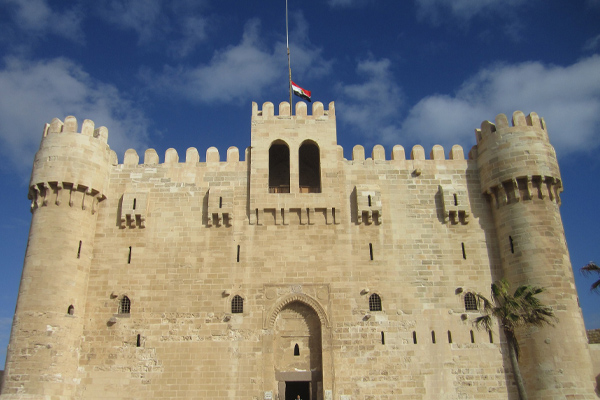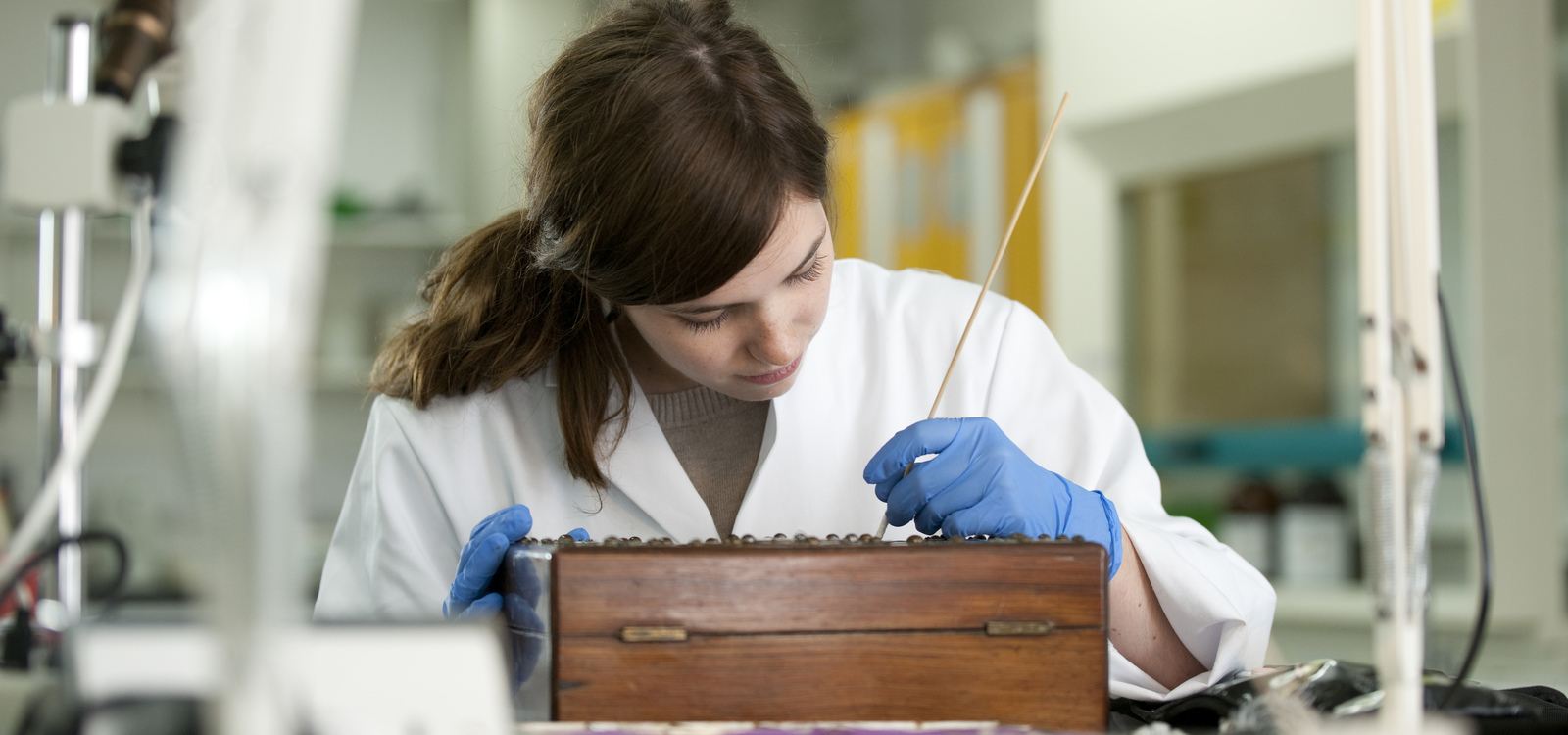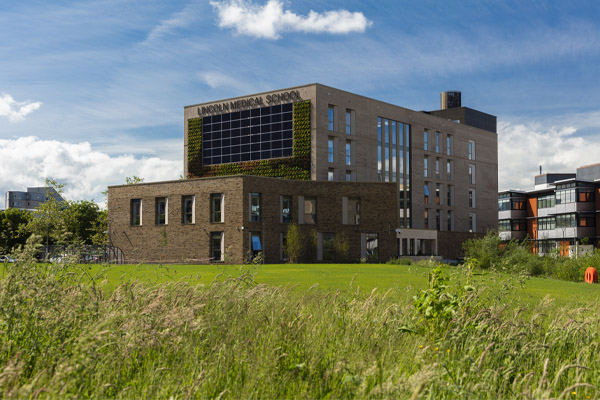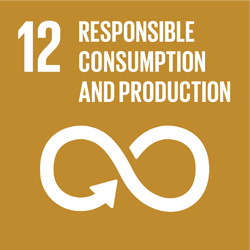We had 22 outputs relevant to this SDG in 2022 according to SciVal and 23 in 2023.
Mahaya, C., et al. (2022) Solar Access Assessment in Semi-Arid Urban Context: An Application Study for Ten Urban Forms of Existing Apartment Buildings Districts in Batna City, Algeria. Sustainable Cities and Society 83
DOI:10.1016/j.scs.2022.103909
Lourdes et al. (2022) Planning for green infrastructure using multiple urban ecosystem service models and multicriteria analysis. Landscape and Urban Planning 226
DOI: 10.1016/j.landurbplan.2022.104500
Kythreotis, A. et al. (2023) Rethinking urban adaptation as a scalar geopolitics of climate governance: climate policy in the devolved territories of the UK Territory, Politics, Governance 11, Pages 39-59
https://www.tandfonline.com/doi/abs/10.1080/21622671.2020.1837220



